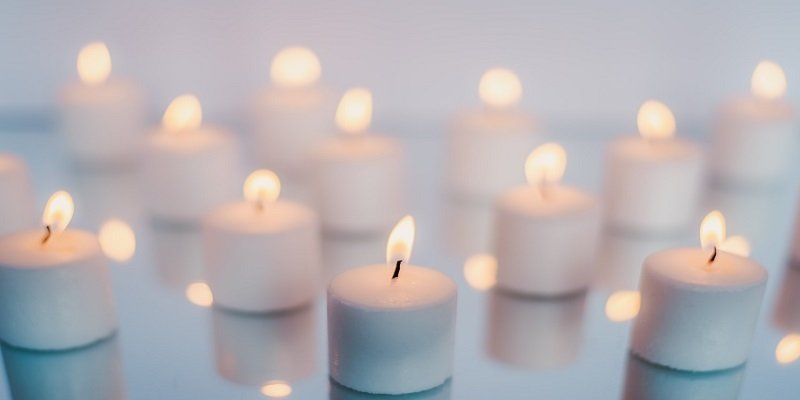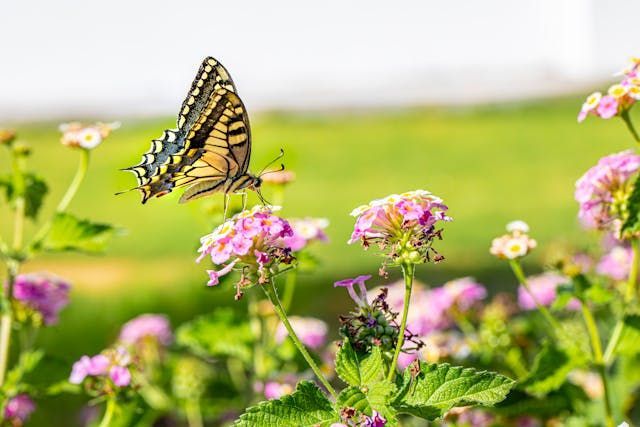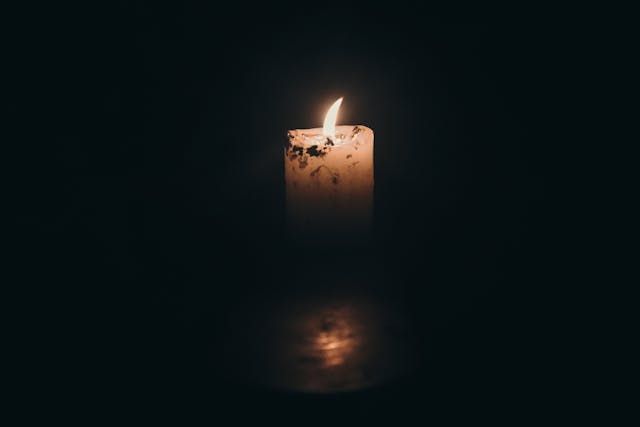Why You Should Consider a Do Not Resuscitate Order
Contrary to popular belief in some quarters, having a Do Not Resuscitate (DNR) order is not a death wish. Instead, it is simply an expression of someone’s desire to die a natural death.

Some of the people who have funerals at funeral homes in Wirtz, VA had a Do Not Resuscitate (DNR) order drawn up and signed by their primary care provider before they died. There are some misconceptions about what a DNR is, why people would want one, and what they mean in terms of medical care.
Mention to your friends or colleagues at work that you have a DNR. When they ask you what it is, tell them that it’s an order not to resuscitate you if your heart stops. Watch and listen for the reactions. “Well, you may have that, but I’m not going to stand there and watch you die!” is the most common response.
When you answer that they don’t have a choice because that’s what you want, they shake their heads and walk away mumbling that they don’t understand.
The reason that most people do not understand why someone would want to have a DNR is because our medical system in America is designed with the premise that life should be prolonged as long as possible, no matter what it takes (and getting shocked by massive volts of electricity multiply times to restart your heart takes a lot out of the person it’s done to) and no matter what the cost.
Our medical system has lost sight of the fact that although medical procedures and devices may increase the quantity of our lives, in the process it often lowers the quality of those lives. A DNR can prevent this.
It’s typically not too difficult to get primary care providers to draw up and sign a DNR for someone who has a terminal illness or who is frail and elderly. It’s expected that they will die, so no fuss is made about it.
But when a perfectly healthy person asks their primary care provider to draw up and sign an DNR for them, there is often a long discussion about why that’s not advisable and some medical professionals will drag their feet about getting it done.
Technically, you can draw up your own DNR, sign and date it, and it’s considered a legal and binding document, so if your medical care provider is reluctant to or refuses to do a DNR for you, then go ahead and do one yourself.
What a DNR does is simple: it says that when your heart stops, you consider that the end of your life, and you don’t want life restored by artificial means. This is actually a quite practical choice to make for all of us, no matter what age we are, because restoring life after the heart stops may not be what’s best for us.
When the heart stops, blood and oxygen stop flowing to the brain. Within six minutes, brain damage begins to occur. That’s not a very long time. If your heart is stopped much longer than six minutes and resuscitation is done, cognitively and intellectually you will not be the same person you were before your heart stopped.
In fact, as in the case of Carrie Fisher (Star Wars), whose heart was stopped for 45 minutes before she was resuscitated, you may have a heartbeat, but your brain activity is completely gone.
A DNR will prevent this and it will enable you to die in your natural time to go without having to worry about having neurological damage from being artificial revived. A DNR gives us peace of mind in death.
For information about funerals etiquette at funeral homes in Wirtz, VA, our compassionate and experienced staff at Conner-Bowman Funeral Home & Crematory is here to help. You can come by our location at 62 Virginia Market Place Dr., Rocky Mount, VA, 24151 or you can contact us today at (540) 334-5151.











